Northern Territory bid to mark Yunupingu legacy
The NT government has begun talks with the family of the late Yunupingu about how to recognise the legacy of the great leader and champion of Indigenous rights.
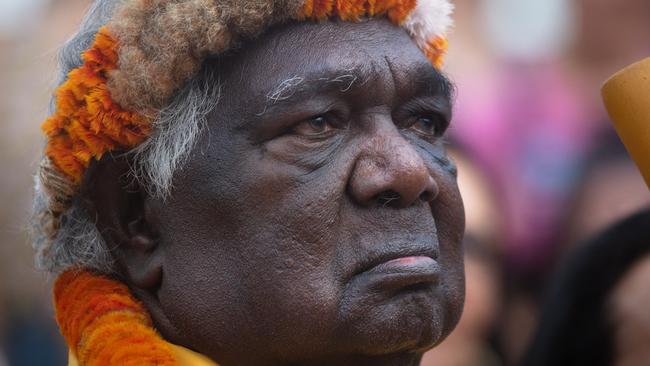
The Northern Territory government has begun talks with the family of the late Yunupingu about how to recognise the legacy of the great leader and champion of Indigenous rights.
Yunupingu’s close family, who had been keeping vigil at his bedside during the last weeks of his life, are making ceremonial arrangements. In a statement published online immediately after his death on Monday morning, they asked for patience as they prepared to share information about those arrangements.
A state funeral or memorial for Yunupingu is an option open to his family. The Australian understands there is no desire among Yunupingu’s kin to hold an event for him outside northeast Arnhem Land, the Yolngu country where he was born, lived all his life and where he died.
On Tuesday, media around the world reported Yunupingu’s death in the context of his leading role in Australia’s Indigenous rights movement. Yunupingu was crucial in the push for constitutional recognition that has brought Australia close to a referendum on the voice. He was also at the fore in every chapter of the Indigenous rights movement in Australia since 1963.
Yunupingu was 15 and with his clan-leader father Mangurrawuy when he met then prime minister Robert Menzies. The Menzies cabinet had just decided to allow bauxite mining on Yolngu land – the Gove Peninsula – despite the pleas of the Yolngu people in bark petitions that Yunupingu helped draft.
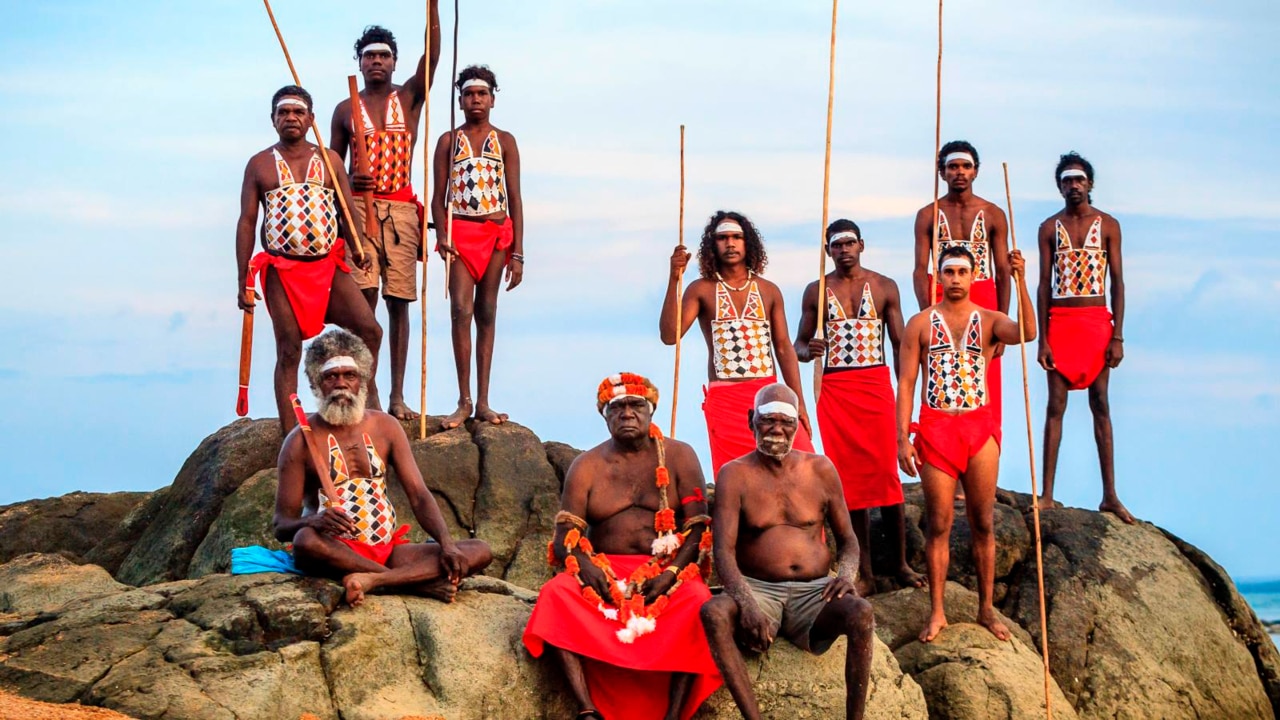
The Yirrkala Bark Petitions are now displayed at Parliament House and acknowledged as the beginning of a big shift. They prompted the Gove land rights case, at which Yunupingu was a court interpreter for his people.
Subsequently, aged 32, Yunupingu advised the Fraser government on the nation’s first land rights laws, the Aboriginal Land Rights Act (Northern Territory) 1976.
Fred Chaney, who was made Aboriginal affairs minister after the laws were enacted, told The Australian, “he led the charge in changing Australia for the better”.
“It is tragic that he died before the (voice) referendum was held,” Mr Chaney said.
“His was such an important voice to the general community and the Indigenous community.”
By Tuesday afternoon, email tributes to Yunupingu had begun arriving at the Yothu Yindi Foundation that he founded with his brother, the late Dr M Yunupingu of the Yothu Yindi band.
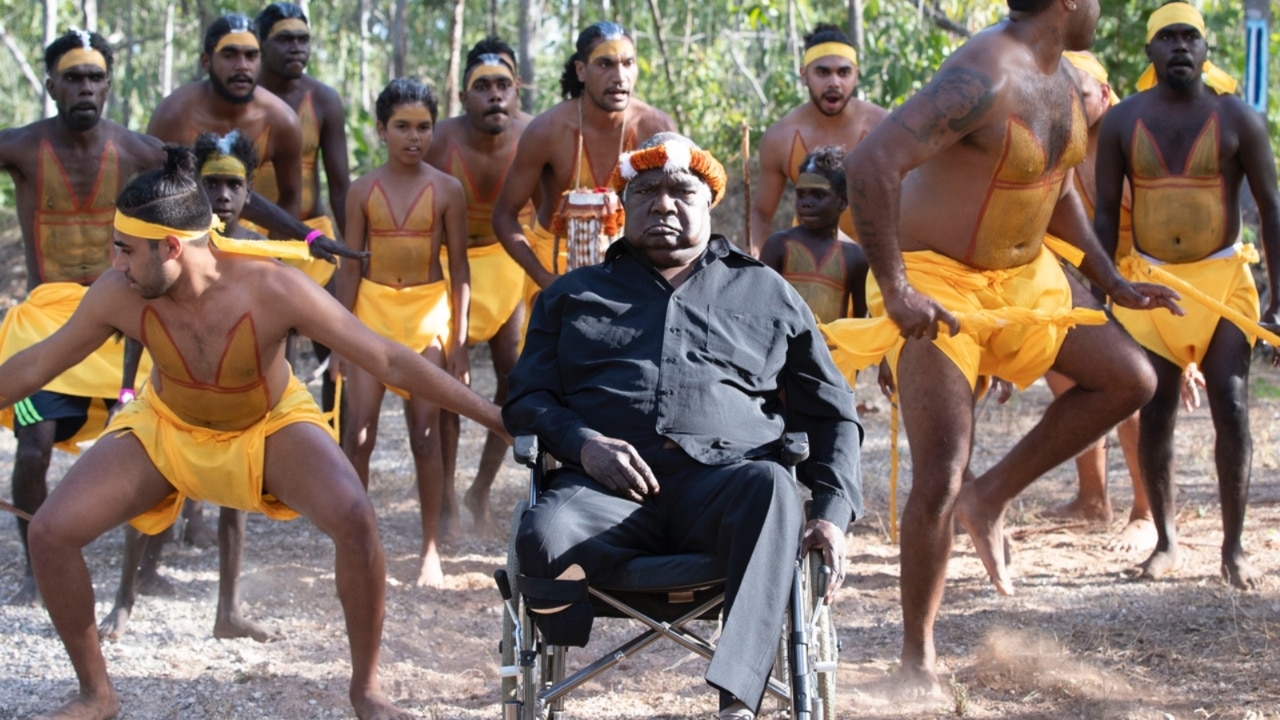
Some were from corporations such as Apple that provide support to Yunupingu’s annual Garma Festival, a celebration of Indigenous culture and an agenda-setting forum for policy discussions. Others were from individuals who had collaborated with Yunupingu or been to him for counsel.
Among the first tributes to arrive was a message from Governor-General David Hurley, vice-chancellor of Melbourne University Duncan Maskell and Northern Territory administrator Hugh Heggie.


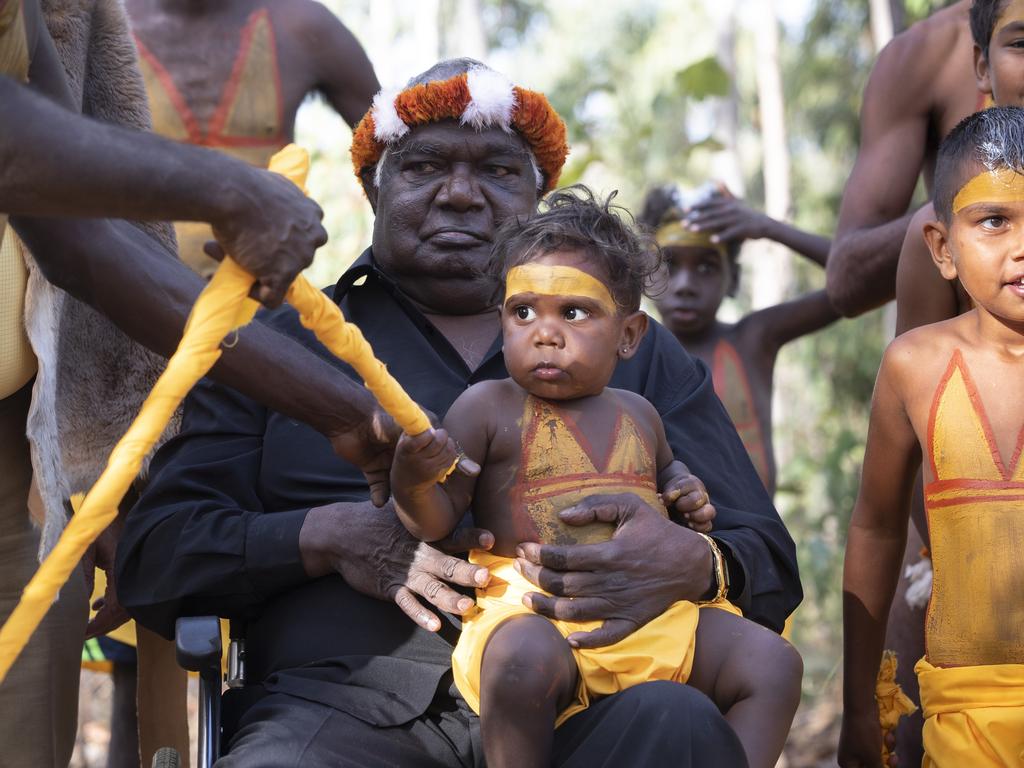

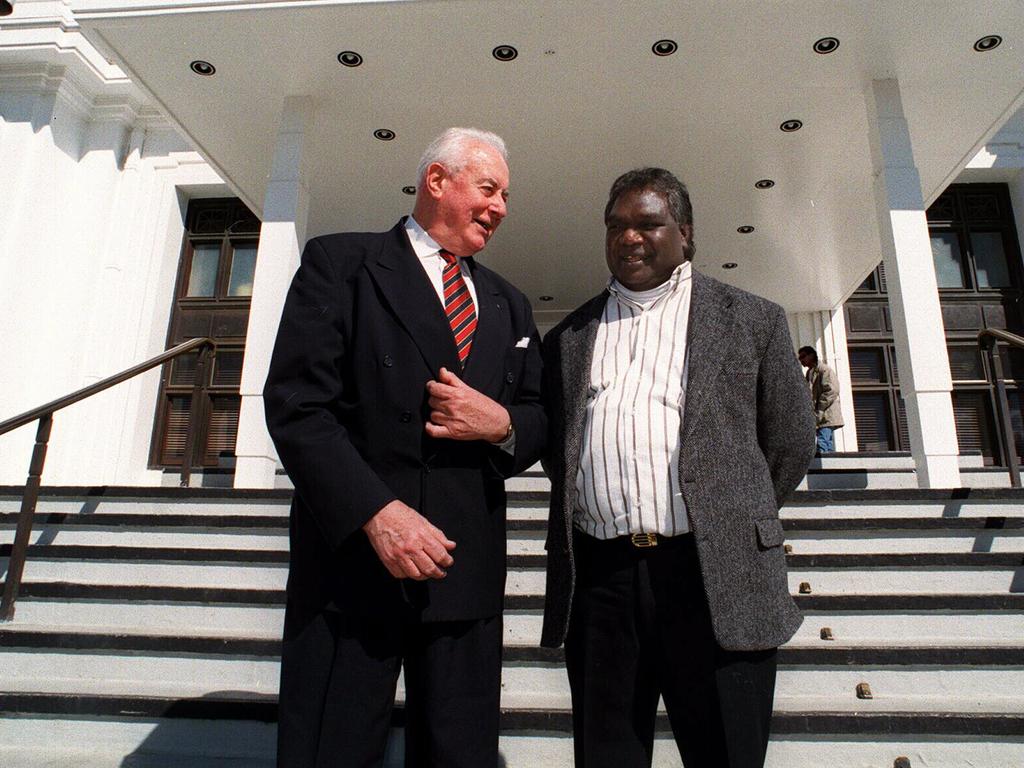
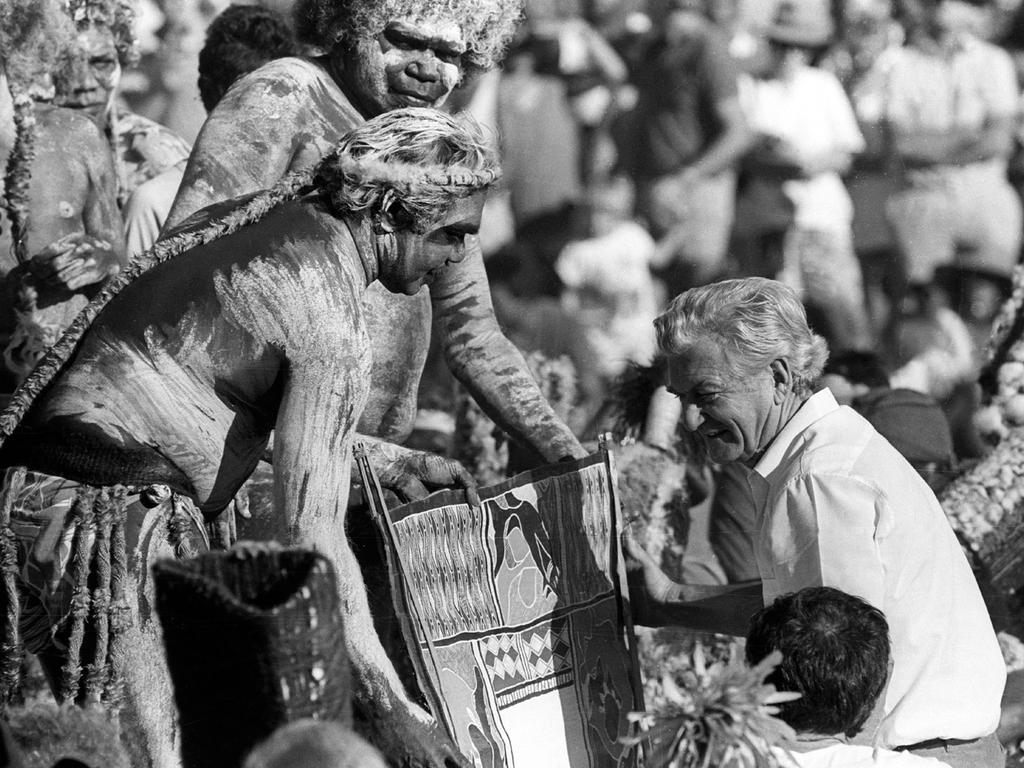
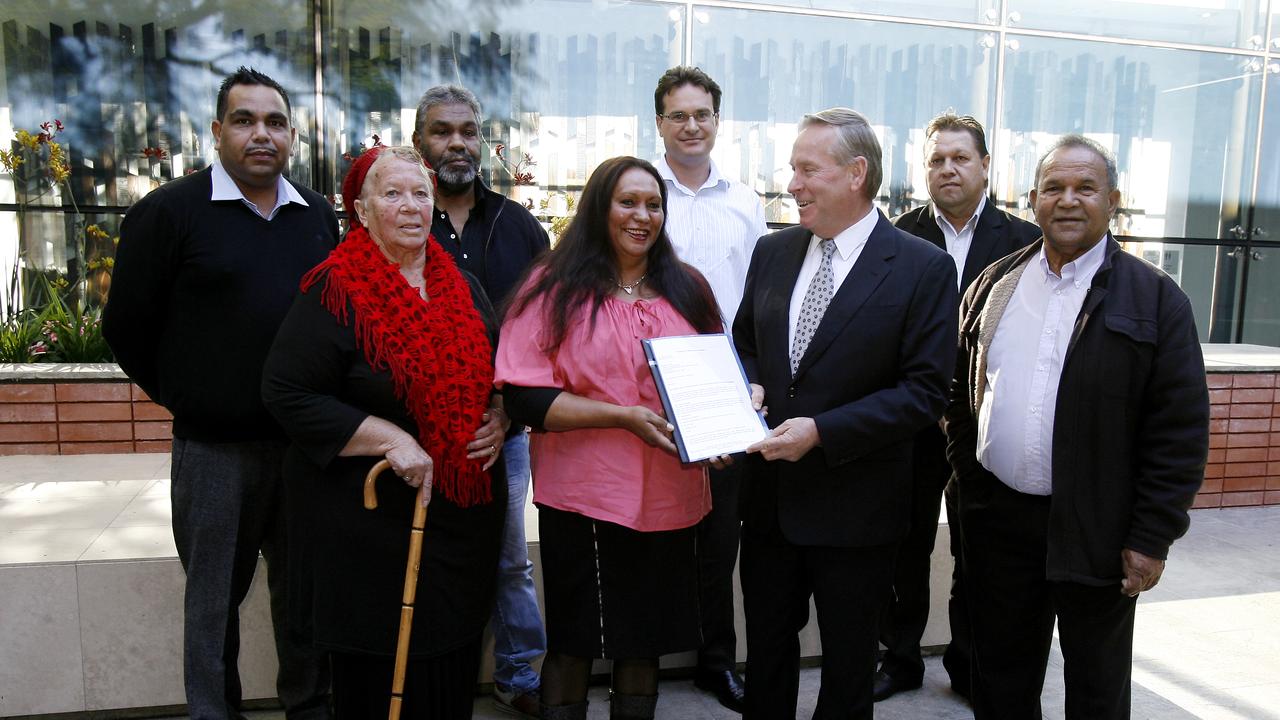
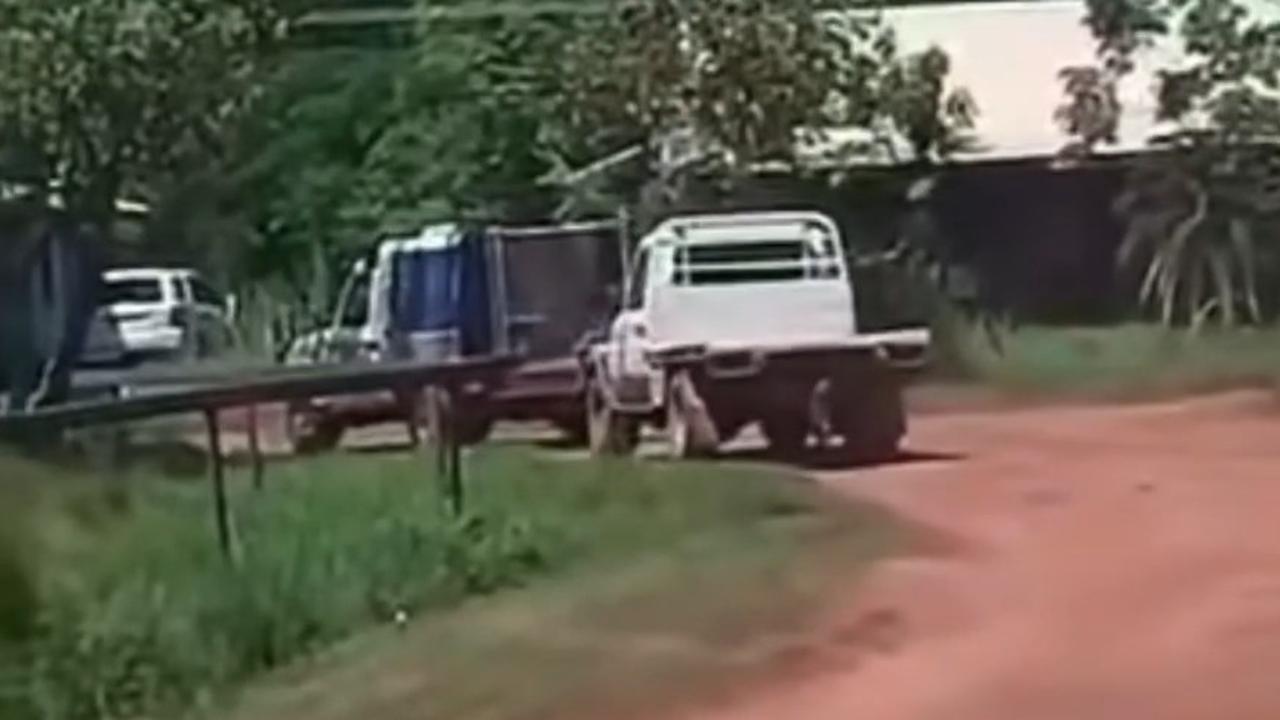
To join the conversation, please log in. Don't have an account? Register
Join the conversation, you are commenting as Logout